A New Path Forward: Charting a Roadmap to Peace on the Korean Peninsula
Last year, tensions between the United States and North Korea brought the Korean Peninsula to brink of war. North Korea’s Kim Jong Un ramped up testing of nuclear weapons and ballistic missiles designed to strike the American heartland. President Donald Trump threatened “fire and fury” in response to Pyongyang’s defiance.
One year later, the Korean Peninsula finds itself at a very different place: poised to declare peace between North Korea and the United States, and prepared to embark on a new era of engagement and reconciliation -- if Kim and Trump can agree on a roadmap to denuclearization aimed at bringing the region lasting peace.
The Hyundai Motor-Korea Foundation Center for Korean History and Public Policy, the Asia Program and the Korea Global Forum were pleased to welcome Cho Myoung-Gyon, Minister of Unification for South Korea, to the Woodrow Wilson International Center for Scholars to share his thoughts on inter-Korean unity and prospects for peace on the Korean Peninsula. Minister Cho has been a key architect of the South Korean push for reconciliation led by South Korean President Moon Jae-in, and recently led a South Korean delegation visit to Pyongyang, North Korea.
Also featured at this year’s Korea Global Forum were diplomats and scholars from South Korea and the United States, including Jae-kyu Park, former Unification Minister and president of Kyungnam University; Amb. Ho-young Ahn, president of the University of North Korean Studies; Amb. Joseph Yun, former U.S. special representative for North Korea policy; Marc Knapper, acting U.S. deputy assistant secretary of state for Japan and Korea, and Jean H. Lee, director of the Hyundai Motor-Korea Foundation Center for Korean History and Public Policy at the Wilson Center.
Selected Quotes
Jean H. Lee
“What a year. So dramatic. So many moments of promise, and so many moments that have been perplexing. At this very important time, as we watch to see how things will unfold at this momentous time in history, it is our honor to bring to you some South Koreans who have been at the heart of negotiations with North Korea.”
Jae-kyu Park
“It is important to establish mutual trust between the U.S. and North Korea. The forthcoming U.S. and North Korea summit must provide a turning point for establishing denuclearization and a peace system on the Korean Peninsula… The full denuclearization of North Korea requires 15 years. In order for denuclearization to be realized and a peace system on the Korean Peninsula established, South Korea and the U.S. must solve the problems we face in cross-coordination and with a specific lens.”
Jane Harman
“Korea is in my heart, and long-lasting peace on the peninsula is finally more than a dream.”
Unification Minister Cho Myoung-Gyon
“For the first time in 70 years of hostility, the U.S. and the DPRK have discussed denuclearization and security guarantees as part of a promise to establish a new relationship… It is the common duty of the Republic of Korea and the United States to find a solution and develop it to a level that will be irreversible.”
“Last year, the Korean people faced the possibility of a crisis that could completely change our lives at any time. Thus, the complete denuclearization and permanent peace on the Korean Peninsula is an earnest hope of Korean people and the top priority of my government.”
“Many experts have expressed their doubts regarding current negotiations. I think their skepticism is reasonable, considering the past failures we’ve had in negotiations with North Korea. However, it is also true that we now have an opportunity to resolve the North Korean nuclear crisis.”
“President Trump and President Moon promise to cooperate for a bright North Korean future after denuclearization. In order for us to motivate North Korea to make a decision and take actions for denuclearization, we must try to demonstrate the possibility of success of cooperation to North Korea.”
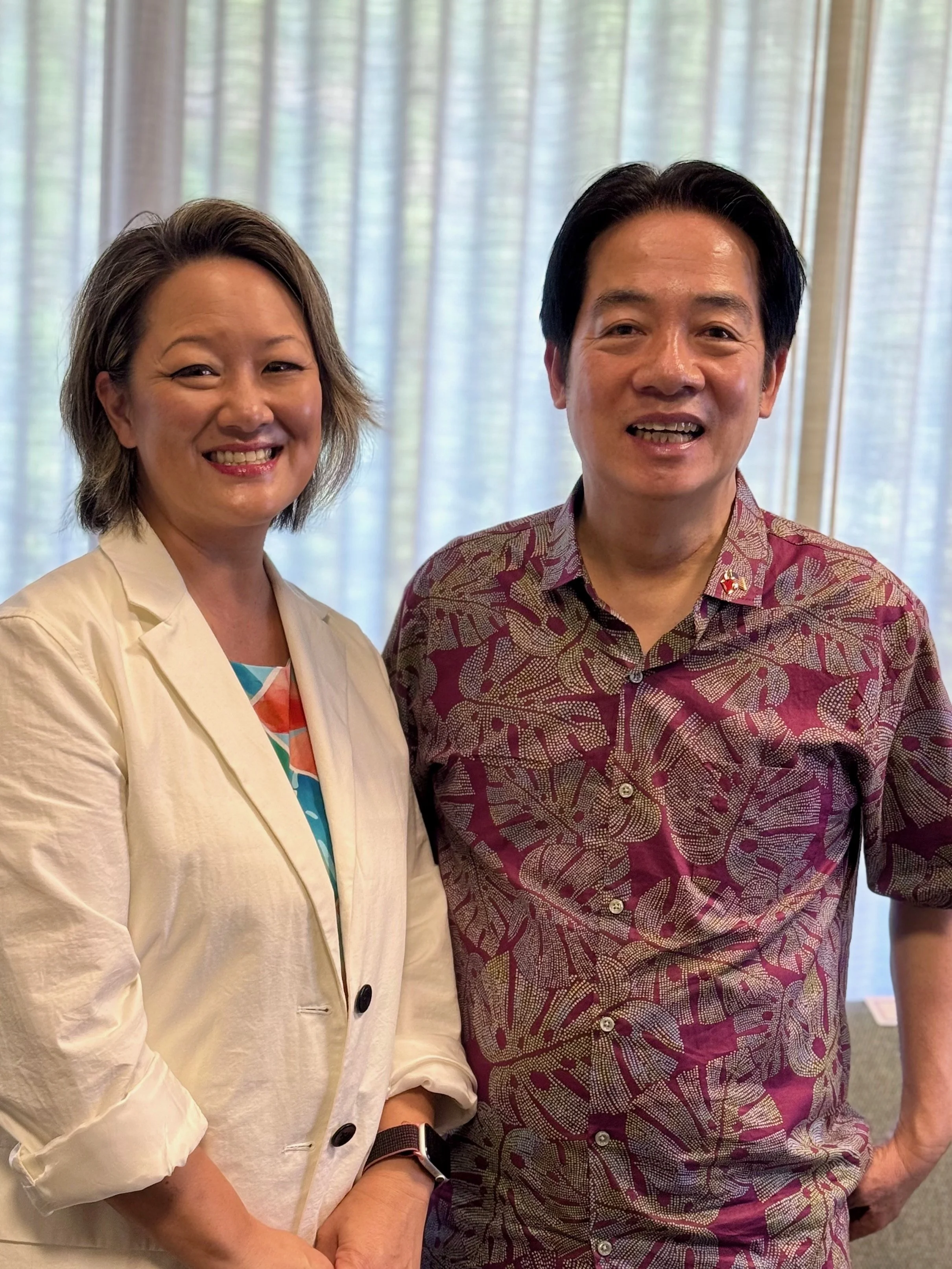
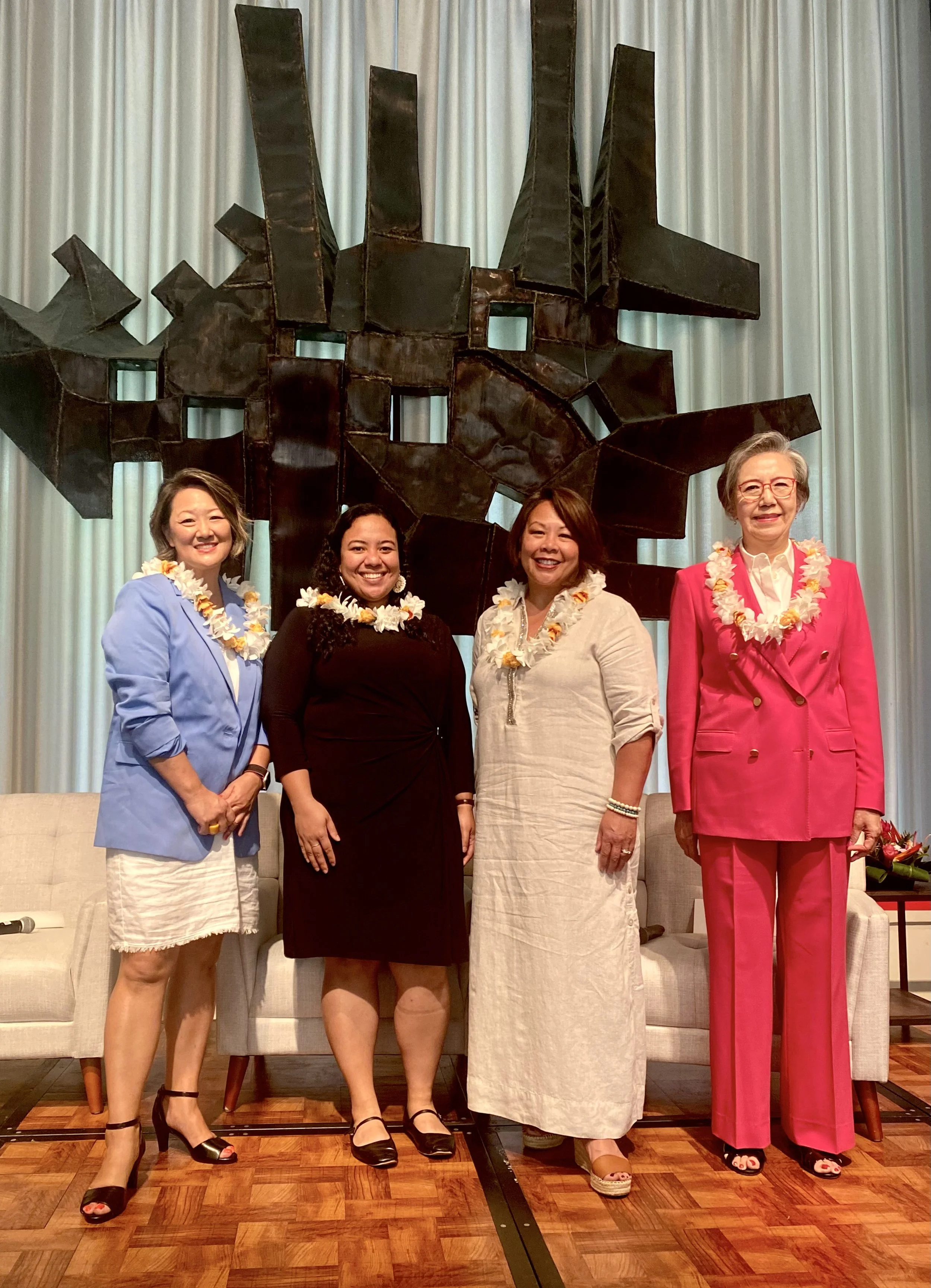

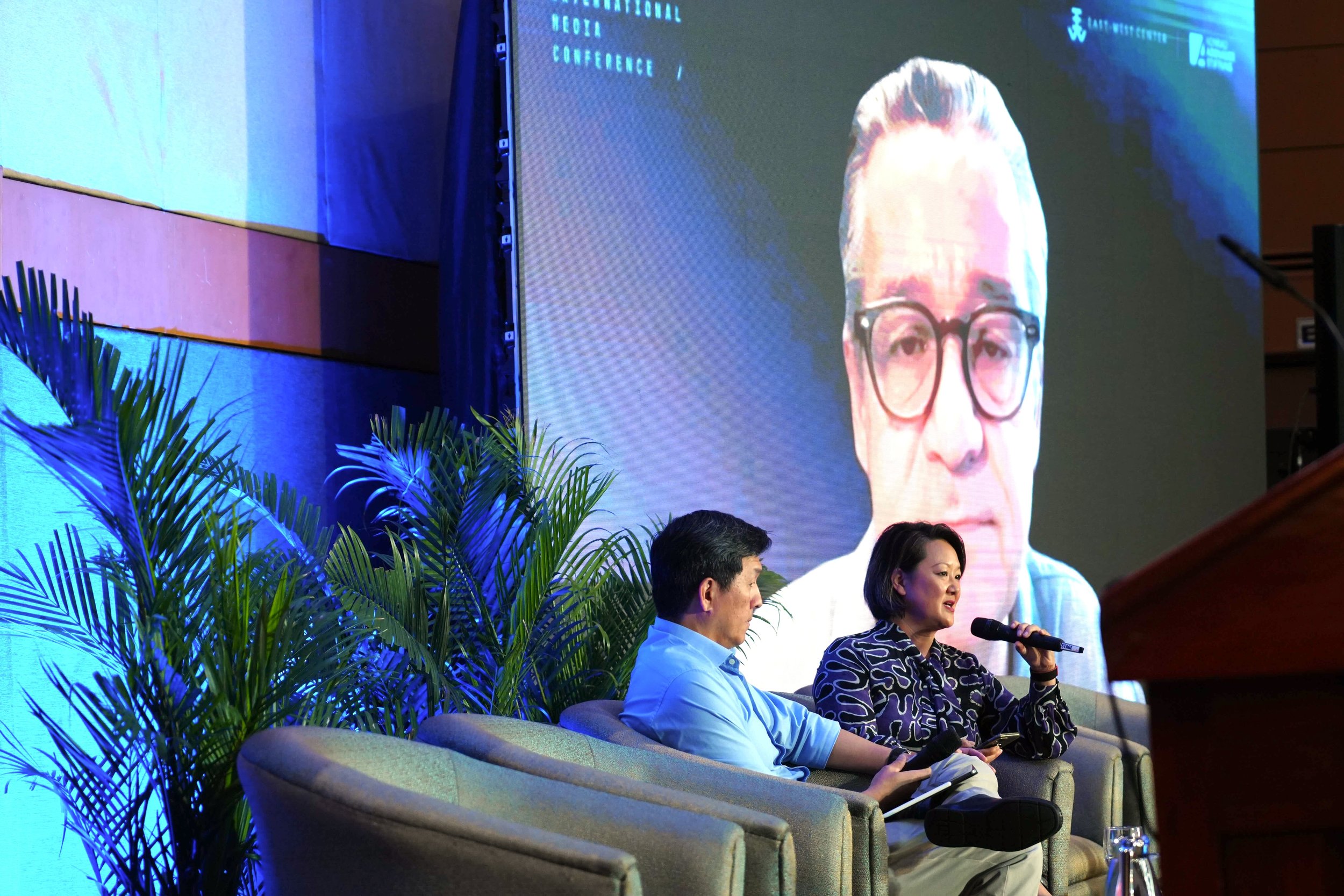

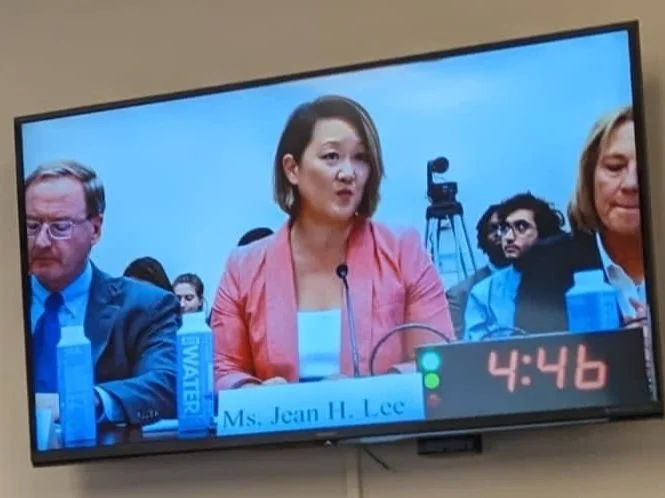


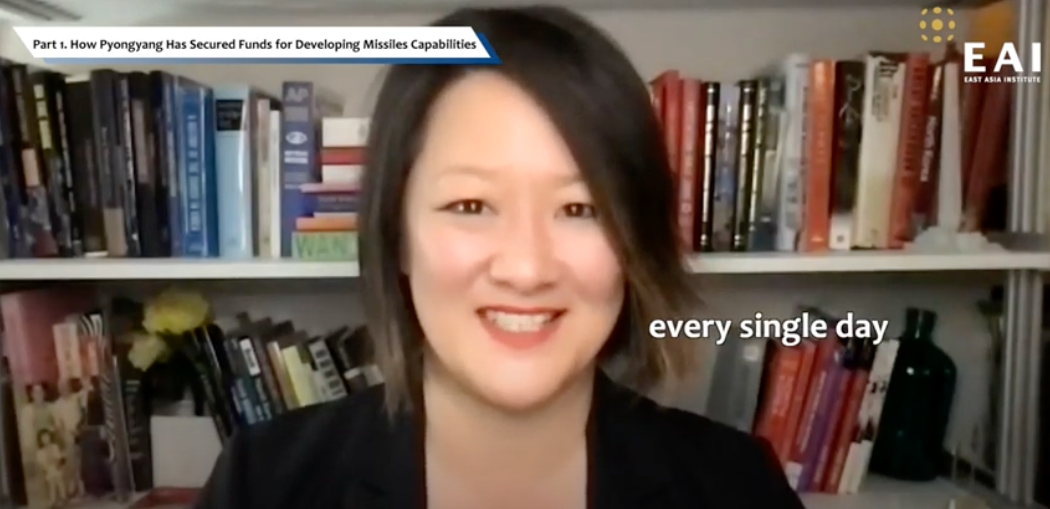







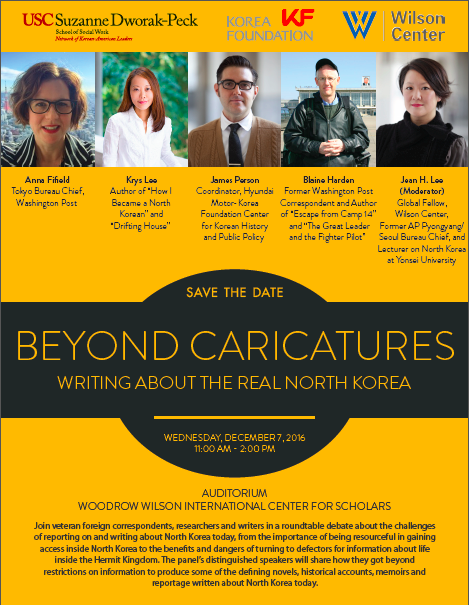


Leading U.S. experts and former officials to identify actionable policy steps the White House and Congress should take to address the growing threat from North Korea.